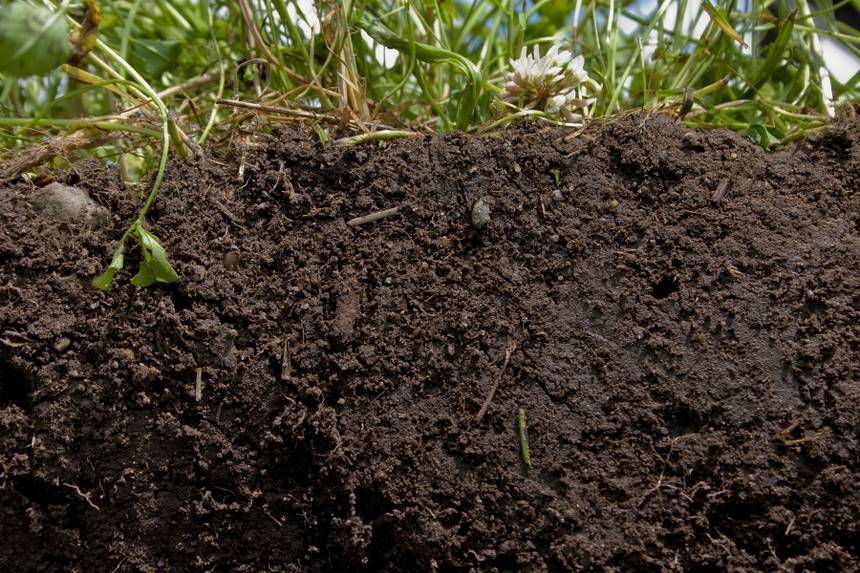
Soil Health
Basically, soil is a dynamic, living and finite resource. It is a complex living ecosystem that is fundamental to all life on earth.
Soil is composed of :
1. Mineral matter
- Sand
- Silt
- Clay
2. Organic matter
- Carbon and its compound.
- A myriad of living organisms including fungi, bacteria, actinomycetales, algae, earthworms, nematodes and insects.
3. Water
4. Gases
- O2
- CO2
- NO2
- NOX
- CH4
The importance of soil microorganisms is often overlooked because they are largely invisible to the naked eye. However, essential parts of the rhizosphere and global Carbon, Nitrogen, and Phosphorus, and Sulphur cycles are carried out in soil by microbial interactions with soil physical and soil chemistry.
Soil health is defined as the capacity of soil to function and sustain plant and animal productivity, maintain water and air quality, and support human health and habitation.

IBG Biofertilizer
IBG Bio fertilizer series of products are formulated through a mixture of beneficial microorganisms and other prebiotic elements. It is a liquid bio fertilizer that contains microbes to increase crop yield and value, and soil nutrient uptake capability, thus reduce fertilizer dosage, run-off, and leaching.
With the long period of application of varies chemical fertilizers, the soil structure is deteriorating as the increasing of acidity and depleting of the beneficial microorganisms. The low pH of the soil will impede the root development of the crop.
The soil will become indurated with the excessive chemical fertilizer with the poor aeration of the soil, and thus, the nutrient retention capacity will greatly decline. Hence, the plant is unable to efficiently absorb nutrient regardless of how much chemical fertilizer had been applied. IBG Bio fertilizer is able to balance the soil pH, improves the root system of the specific crops and soil structure and increase the nutrient uptake efficiency.
The microbes in IBG Bio Fertilizer would duplicate extensively, increase the viability and growth kinetics of soil microbes. With cation exchange capacity (C.E.C.), the microbes are able to coordinate the pH value. The compactness and hardness of soil would be improved with the luxuriant growth of roots, and thus improve the soil structure. The fertilizer losses through volatilization, surface runoff and leaching would be minimized with the improved soil structure.
Microorganism cluster and symbiosis effects would improve the transportation of nutrients to the roots, and thus, would maximize the nutrient uptake from the fertilizer applied up to 70%.
With the rapid duplication rate of 1 generation in every 1-1.5 hours up to 960 generations, the microbes produce organic acids, amino acids, and growth inducer during their life process would enhance the control and coordination of plant growth. The microbes form a protection zone at the root system that protect and prevent any infection of decease and attacks from destructive worms that translate into healthier plants.
Enzymes production of microbes would smoother the carbohydrate and starch formation. Additional to that, the bioaccumulation of potash in cell body of microbes which contains of 33-43% would provide sufficient potassium in the soil. With the continuous duplication of the microbes, 12 essential elements of nutrients would be absorbed progressively, this would increase the inflorescence rate and thus we could gain a higher yield record.
Planters, floriculturist, gardeners, horticulturist, landscape contractors and farmers.
